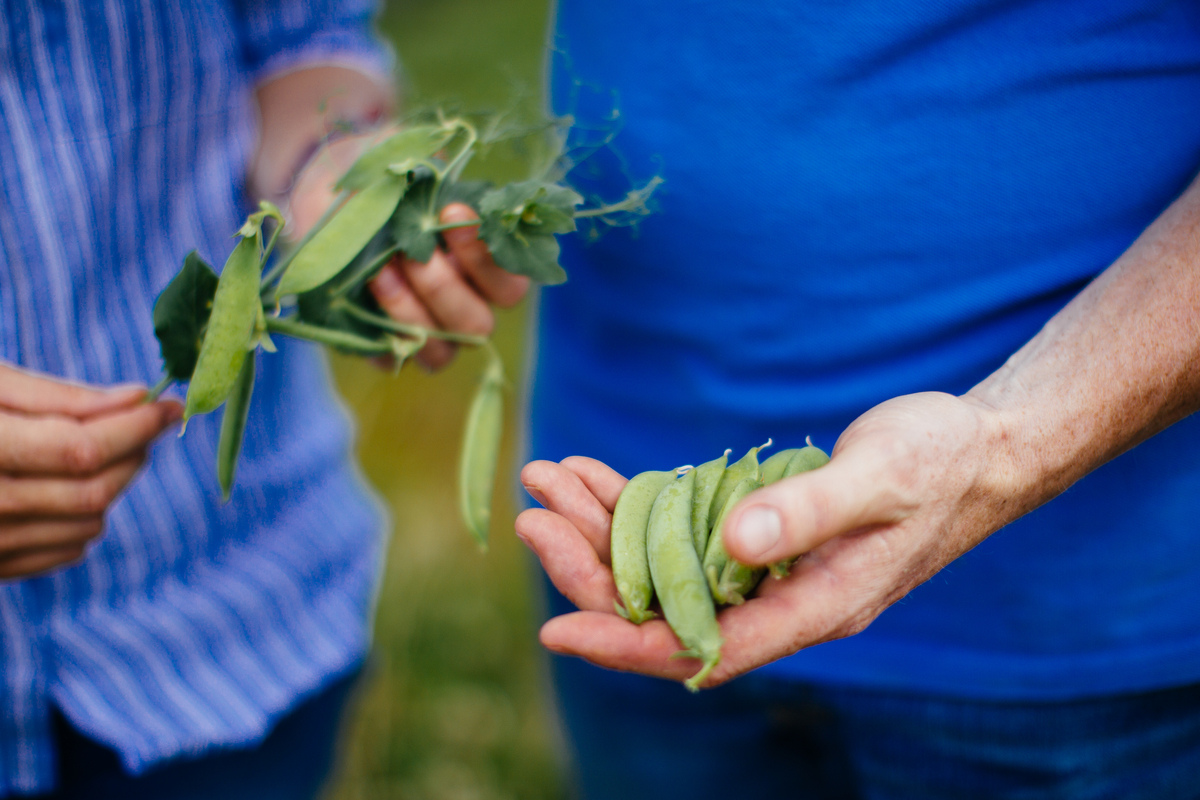Category directors can lead the way on food sustainability. But the time to start is now.
May 2025
“Where did this come from and is it sustainable?”
It’s a question that now holds real sway over the food choices consumers make. Increasingly, they want to know how the food they buy has been grown, harvested, manufactured, and shipped. And they want food retailers and brands to make it easy for them to find out.
As a category director, you can play a pivotal role in this process. But focusing on sustainability isn’t just important to win customer loyalty. It’s becoming increasingly vital to meet tightening industry regulations and position your organisation as an innovator.
As we’ll discuss, achieving those ambitions isn’t straightforward — especially without an industry partner.

Consumer appetites for sustainability are growing
Compared to even a decade ago, shoppers are far more aware of the environmental impact of their purchases.
According to a 2023 survey by IPSOS, 58% of Europeans consider the climate impact important when buying food and beverages. And despite a cost-of-living crisis, 2024 PwC research found that consumers are willing to pay 9.7% above average price for sustainably produced or sourced goods.
As a category director, it clearly makes commercial sense to stock your shelves with more sustainable products. But there’s also a related challenge that needs to be overcome.
A question of trust
While many consumers want to buy sustainably (and are willing to pay a premium for it), trust remains a stumbling block.
- A 2023 YouGov survey found over half of global consumers are skeptical of sustainability claims of most brands.
- Research by Bord Bia’s Thinking House substantiates this further, confirming that 63% of consumers want food companies to be more transparent about their carbon footprint.
To overcome these barriers of trust, category directors need to double-down on building consumer confidence and prepare for imminent legislation in the UK, EU and certain US states. In many cases, this will involve ensuring products feature credible third-party certifications to substantiate on-pack and advertising claims.
Increasingly, food retailers are also adding QR codes to packaging that allow consumers to quickly review the origin and sustainability of products. While the Yuka app lets consumers scan the existing price barcode of products to receive nutritional and environmental impact information.
Becoming eagle-eyed about ESG reporting
Accurate ESG reporting remains a stubborn industry challenge — made harder still by tightening industry regulations, where the goalposts are moving constantly. The common issue? Lack of supplier visibility.
In a 2023 survey by Harvard Business Review, 79% of food companies said they had encountered the challenge of measuring and reporting their environmental performance along various parts of the supply chain. In short, they lacked visibility into the activity of their suppliers. This problem can undermine trust, lead to incorrect reporting, and force food companies to spend time trying to trace and validate any missing supply chain data.
The fact that accurate sustainability reporting is such an industry challenge creates an opportunity to lead in a crucial area. As a category director, seeking out suppliers that can provide comprehensive and validated sustainability data can put you at a competitive advantage.
With that data, you’ll have the insights needed to select more sustainable products, identify manufacturers that are reducing waste in their packaging, and ultimately, make measurable progress on your ESG efforts. All of which can help you earn confidence from customers, investors, and stakeholders alike.
Setting the sustainability agenda: a chance to innovate
Whether it’s NGOs advocating for more sustainable farming practices or nutrition experts raising public awareness about their food choices, the shift to a more environmentally friendly food system has largely been driven from outside the industry.
And in fact, research by Bord Bia’s Thinking House has found that many of your industry peers don’t see sustainable nutrition as a top priority. Once again, this creates a chance to lead the way — by putting the tangible benefits of sustainability at the top of your own agenda.
At Bord Bia, we can support you on that journey.
For instance, we collect and aggregate clear, standardised supplier sustainability data at the national level, that is subsequently verified by a third party. And that means we can give you
granular insights into supplier activity to help you make confident procurement decisions.
To find out more, get in touch today
